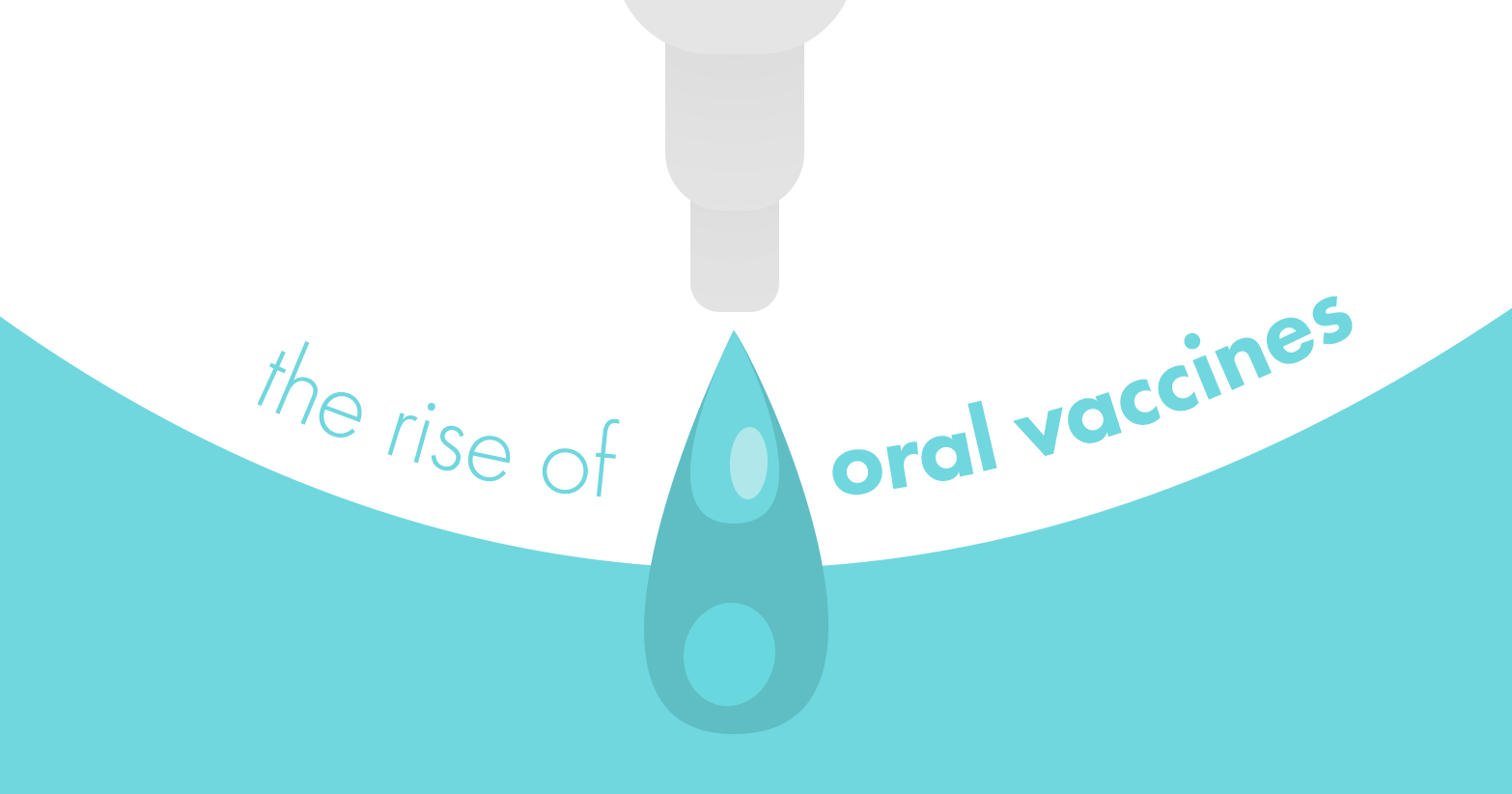
Throughout history (and especially as of late), vaccines have been a hot topic. While vaccination is an efficient way to prevent infectious diseases, the rise of oral vaccines proves this method to be an even more efficient and cost-effective way to prevent infectious diseases.
Until now, oral vaccinations have focused on preventing diseases that enter the body through mucosal surfaces such as the nostrils, lips, mouth, eyelids, and other areas with a mucous membrane. This means that most oral vaccinations are used to prevent intestinal, respiratory, and genital tract infections.
Research is being done to see if oral vaccines would be as effective with diseases that are not spread through mucosal surfaces. Until then, vaccines, such as the polio vaccine, can be taken orally. The poliovirus typically multiplies in the intestines, so an oral vaccine is appropriate for this infectious disease.
A benefit of oral vaccines is that they remove the need for a needle. Needle disposal and proper use has been a great concern for many administering vaccinations. By removing the need for a needle, vaccinations become safer and easier. Taking the vaccine by mouth means that many people (not just doctors) can administer it, making vaccinations more accessible to patients.
If you are interested in oral vaccines, talk to your healthcare provider to learn more.



